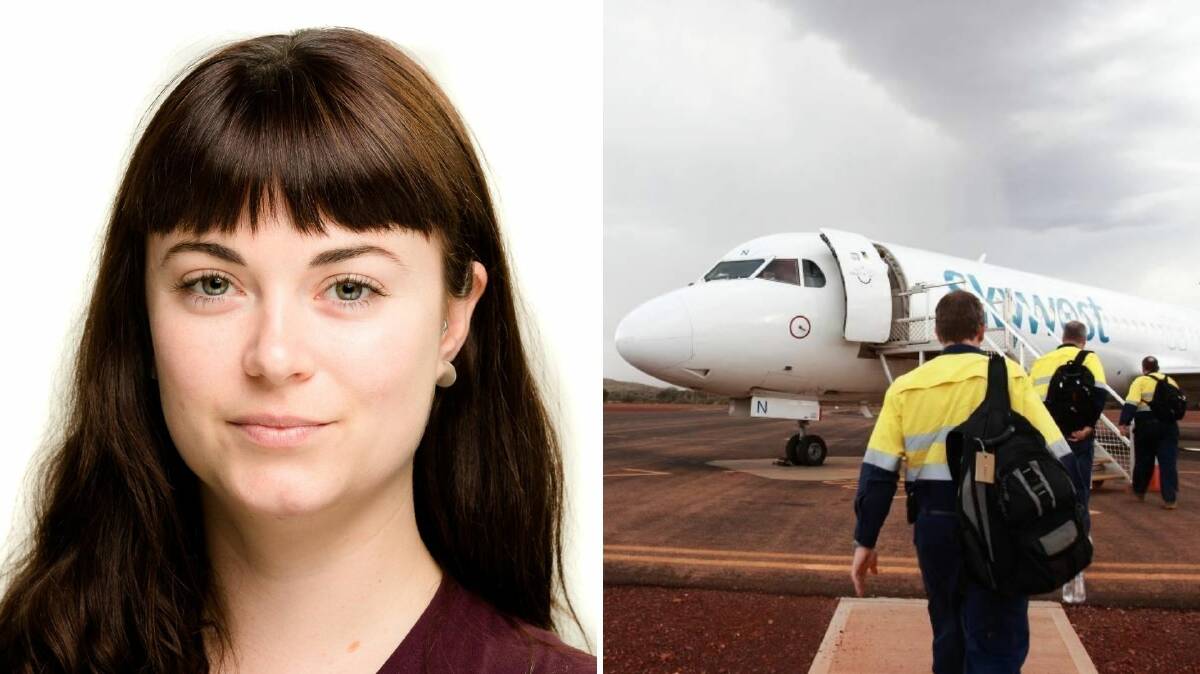
WA's tough border policy has been credited with keeping virus numbers low in the state, but for those separated from their loved ones it is coming at a cost.
For FIFO worker Kyle, who has not been able to return to WA for seven weeks, the isolation has left him struggling with a sense of perpetual uncertainty.
When the Mandurah man first landed in Victoria he was immediately transported to hotel quarantine. After a fortnight in a hotel room he travelled offshore to do his five week stint.
Now in the final week of his shift, Kyle will stay in a townhouse under Stage Three lockdown in regional Victoria for three weeks before repeating the same quarantine process all over again.
"Offshore is pretty tough as it is but currently what is getting to me is there's no end in sight and there's no break," he said.
"We're used to being isolated but the fact we're locked out of our state indefinitely with no clarity of when that is going to end is awful.
"I've pretty much told my family in 2021 I might see you, there's no light at the end of the tunnel."
Read more border stories:
Kyle is not the only one struggling with a considerable amount of the workforce being impacted by travel restrictions, according to the leader of a national study.
The study - run by Dr Jess Gilbert and Professor Sharon Parker from the Centre for Transformative Work Design at Curtin University, and Dr Laura Fruhen from the University of Western Australia - focuses on FIFO workers' experiences during the pandemic.
Dr Jess Gilbert said the preliminary findings of the study showed the pandemic had left 25 per cent of FIFO workers experiencing difficulty crossing state borders.
"In the previous FIFO 2018 research, we identified that 33 per cent of FIFO workers had high or very high psychological distress - Now in the present study that number is 40 per cent," she said.
"This is a difficult time and navigating FIFO work with travel restrictions can mean extended time separated from family and this will of course take an emotional and psychological toll on both workers and families.
"It is vitally important that workers are able to easily communicate with their partners and families, and considerations are made with regards to enabling workers to return home wherever possible.
"It is a balancing act for the industry at the moment, to ensure workers are safe and abide by COVID-19 restrictions and protocols, and are also adequately supported and socially connected."
Read more border stories:
Going through many COVID-19 safety protocols daily, Kyle has become frustrated with his inability to isolate at home.
"With the two weeks isolation and the fact we have a COVID-19 test on day ten of hotel quarantine the chances of having COVID-19 out here is so minimal," he said.
"To be locked out here, isolated completely and tarred with the same brush as any other person trying to get back the police and government are not even acknowledging the controls we have in place."
Do you know someone who can't get home to Western Australia? Email editor@mandurahmail.com.au and take the FIFO workers survey here.

